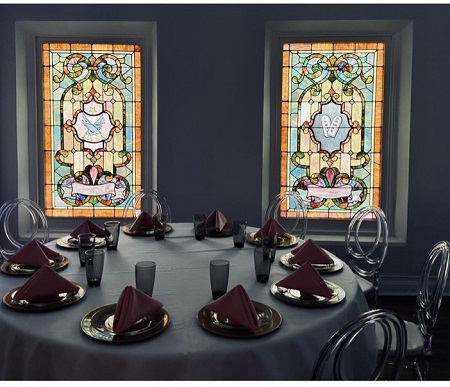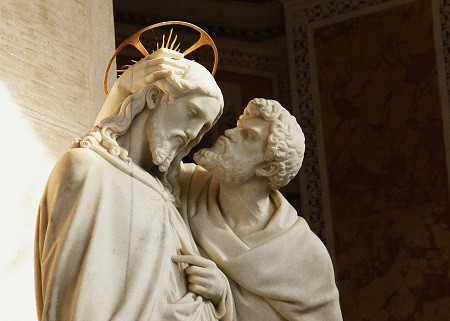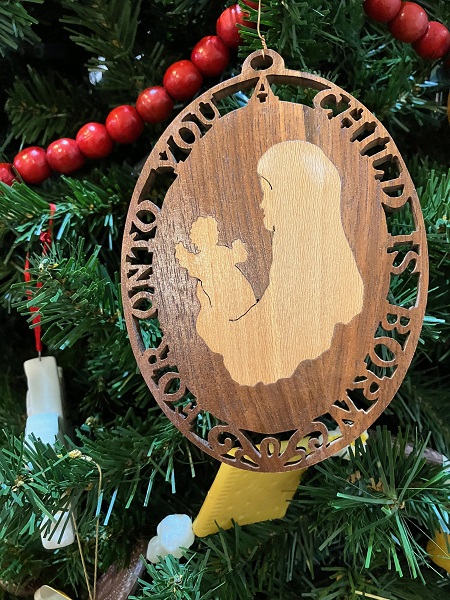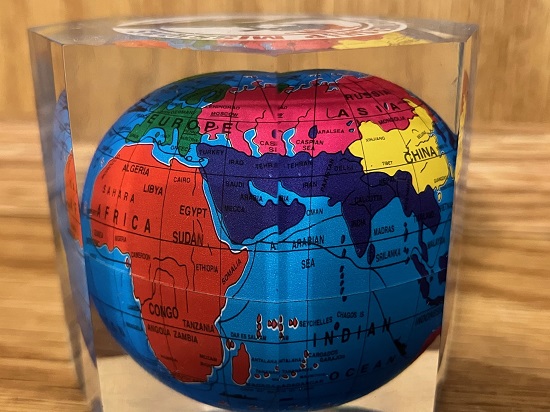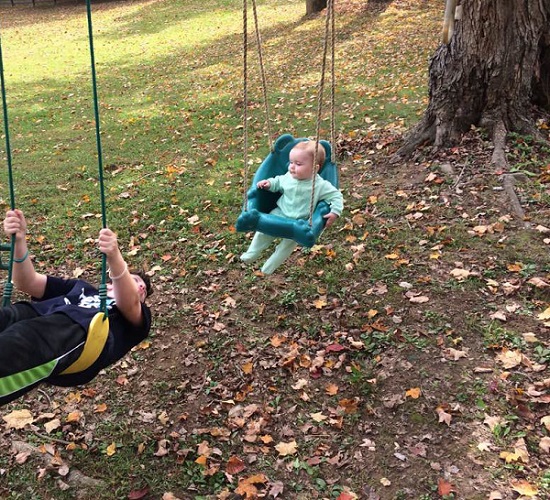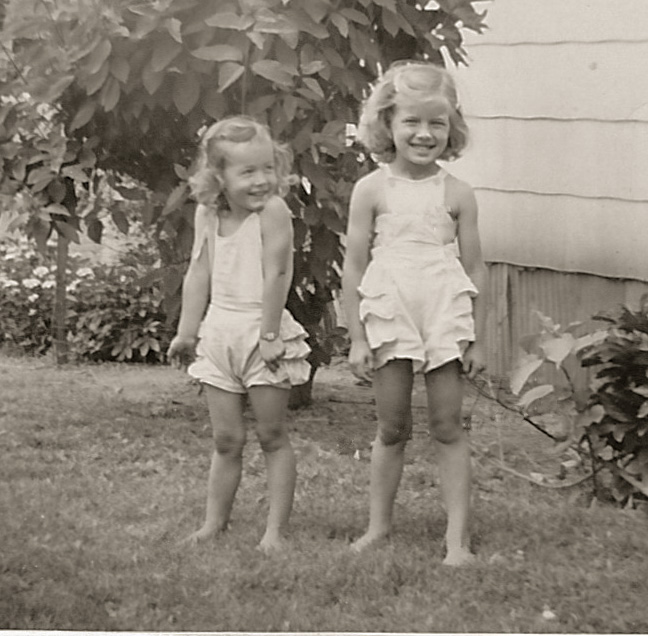Good Taste
What qualifies as good taste? That’s a great question, but it has no single correct answer. We vary from one another and so does our description of good taste. Yet, we can agree on two general definitions.
Good taste means a sense of what is proper and pleasing in social activities.
Acceptable behavior in some settings causes great discomfort in others. Wise choices and tactfulness outweigh personal preferences.
Good taste also means wise beauty, art, and intellectual choices.
We know how to make ourselves and our surroundings attractive. We find examples in:
- Housing
- Decorations
- Food
- Clothing
- Music
- Books
Yet, what we consider refined or sophisticated, other people consider snobbish or laughable. We may be dressed to the nines for our neck of the woods. Yet, the same attire would be inappropriate or highfalutin in other settings.
Love and respect for others are always in good taste.
Jesus set the perfect example in word and deed. May we faithfully follow.
“Taste and see that the Lord is good; blessed is the one who takes refuge in him “ (Psalm 34:8 NIV).
Thanks to Joe and Ann Klotz for the suggestion and to Jeri Stone for the photo.
Do you have an expression you want explained or a thought about this one? If so, please comment below.
Subscribe to receive my weekly posts by email and receive a free copy of “Words of Hope for Days that Hurt.”
If you enjoyed this post, please share it with your friends.
